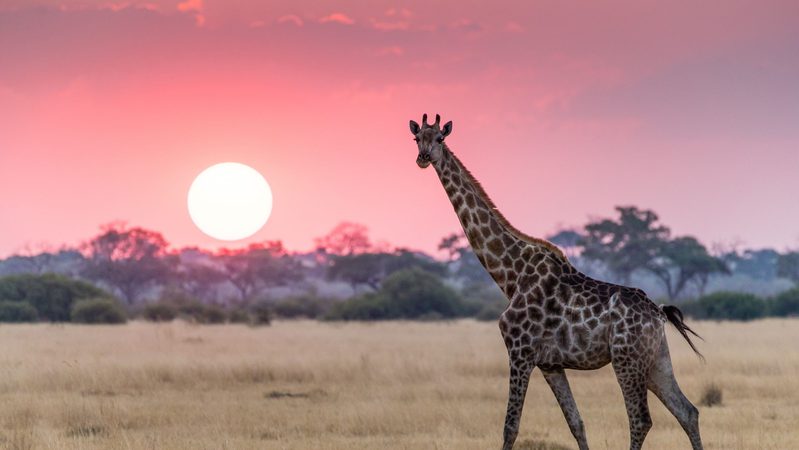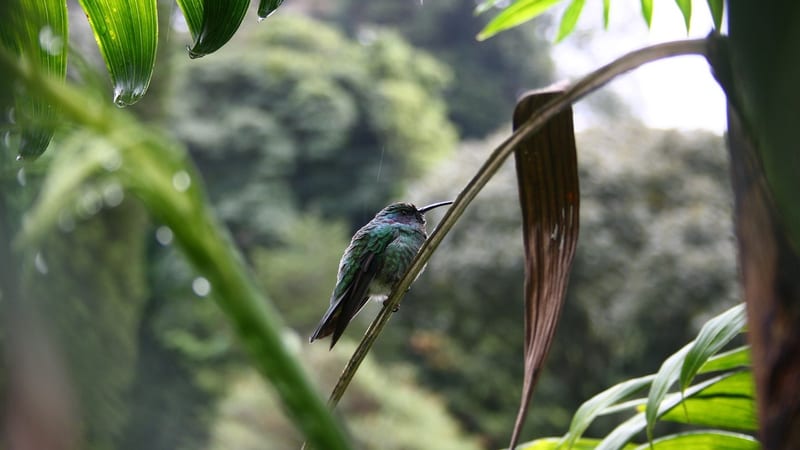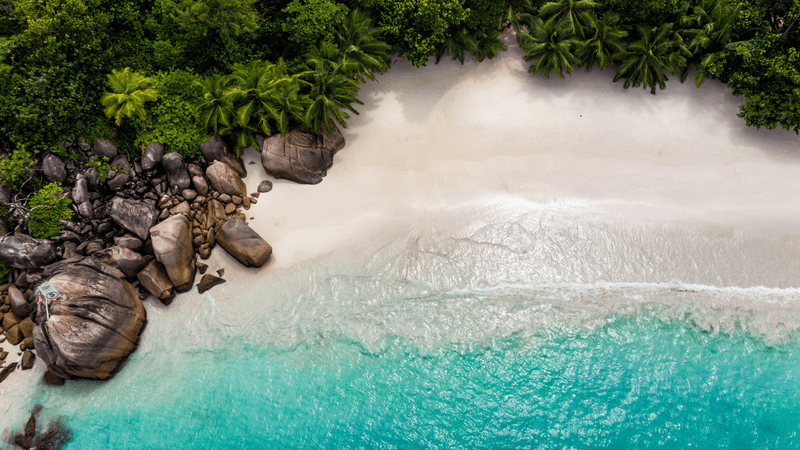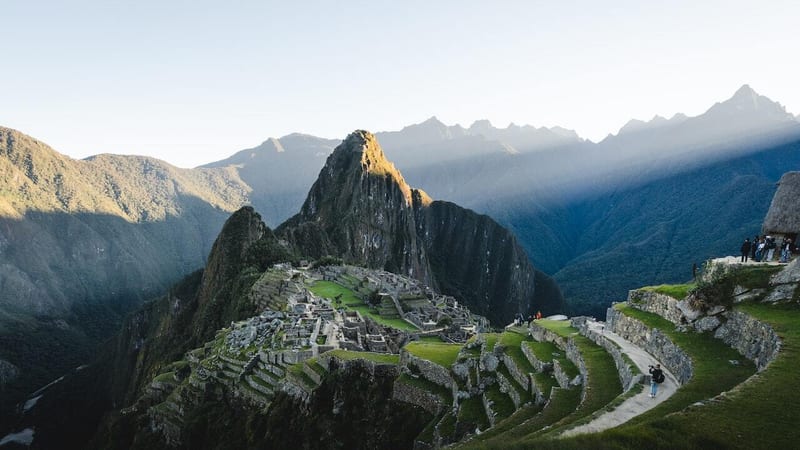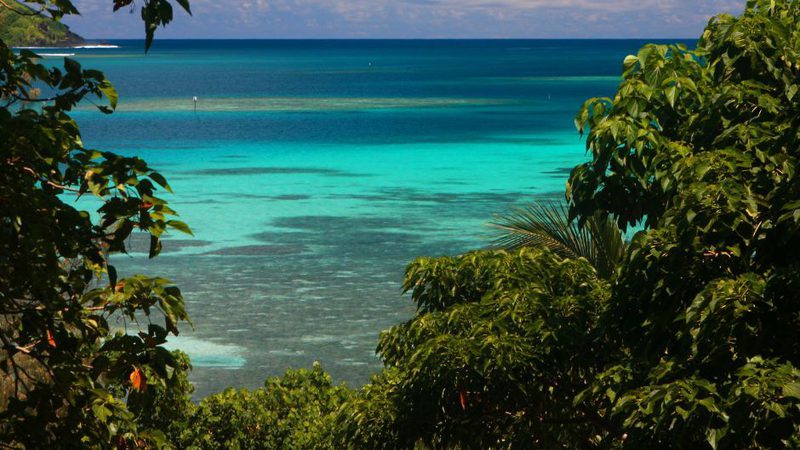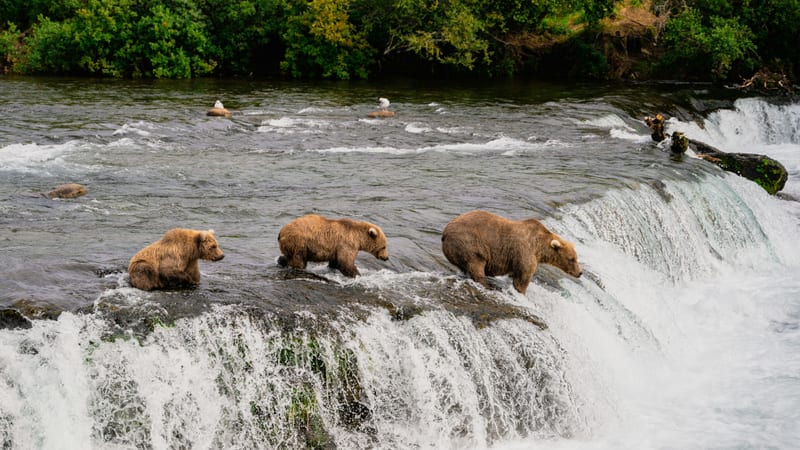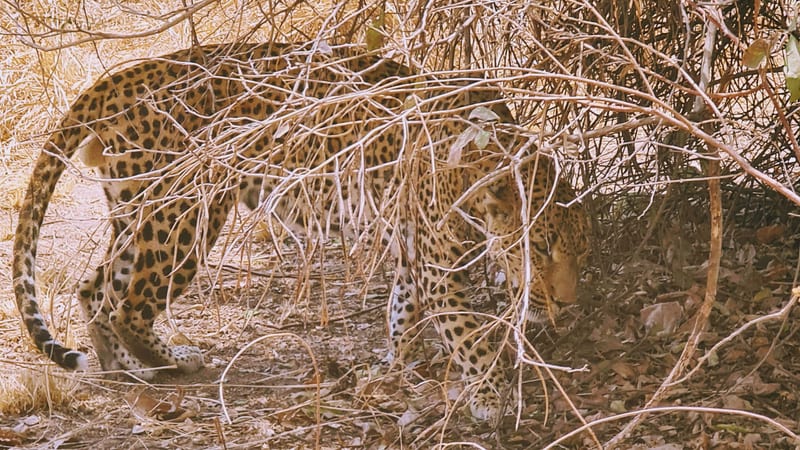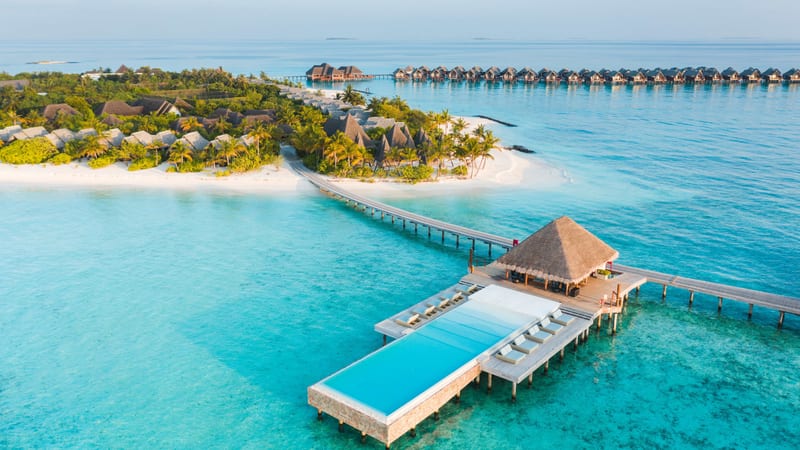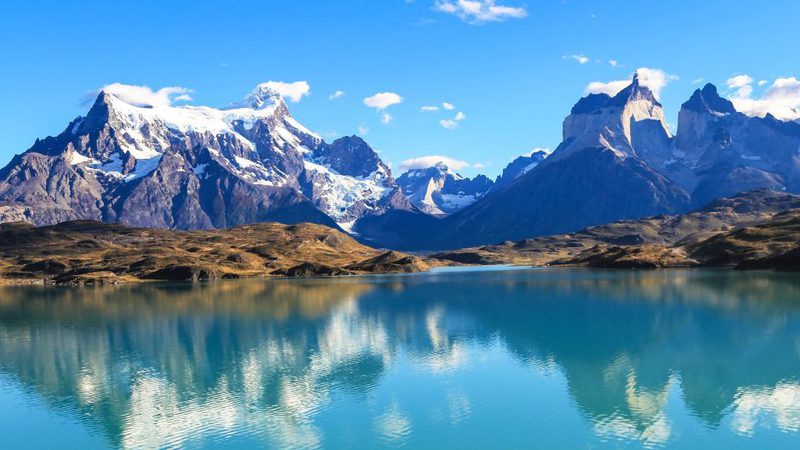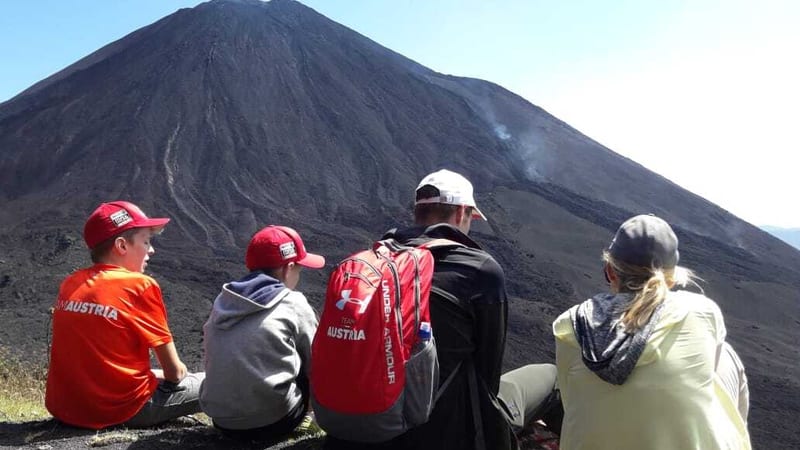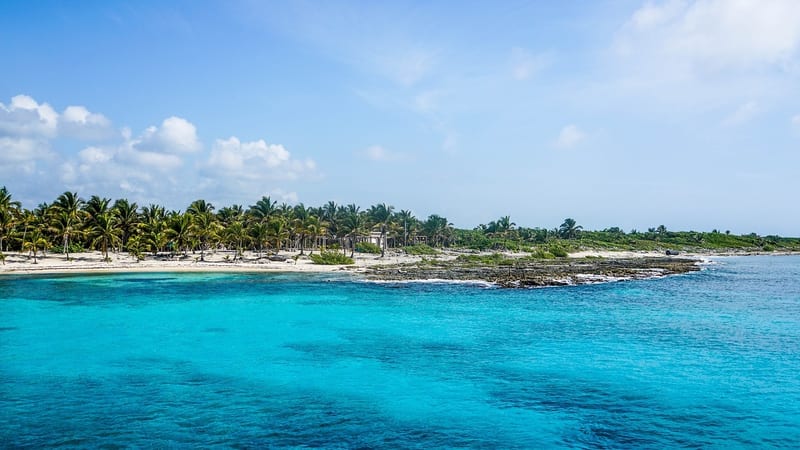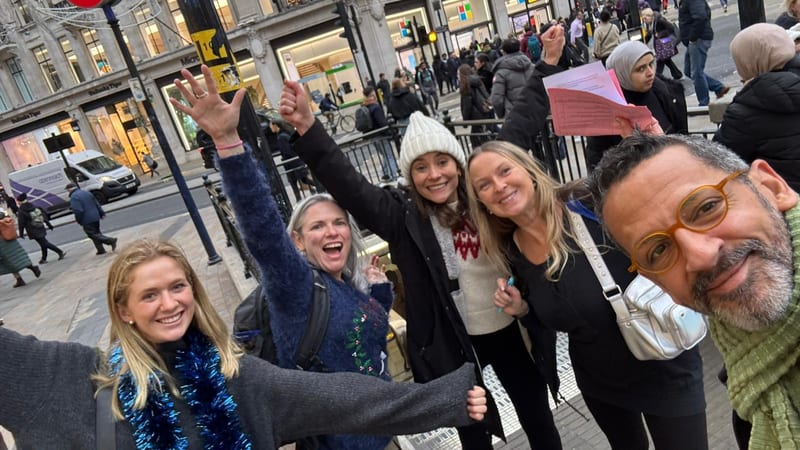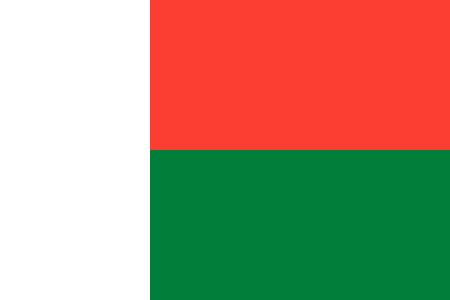
Quick Facts
- Area: 587041 sq km
- Population: 22,599,098
- Capital: Antananarivo
- Religions: indigenous beliefs, Christian, Muslim
- Languages: French, Malagasy, English
- Currency: Malagasy Ariary (MGA)
- Time Zone: GMT + 3 hours
Geography and Climate
Off Africa’s southeast coast in the Indian Ocean, Madagascar is the world’s fourth largest island after Greenland, New Guinea, and Borneo. A stunning diversity of plant and animal species (such as lemurs) found nowhere else evolved here after the island broke away from Africa 165 million years ago. The island has a mountainous central plateau and coastal plains. The climate is tropical on the coasts but almost temperate on the central high plateau. Cyclones affect the east coast (traditionally this is late January to early March); however, it is generally arid along the southwest coast.
Antananarivo

Passports and Visas
All foreign visitors to the Republic of Madagascar require entry visas. For short visits (90 days or less), every visitor, regardless of nationality, can obtain a visa upon arrival at the airport in Antananarivo, provided the visitor's passport is valid for at least 6 months beyond the last day of the intended stay in Madagascar, and provided the visitor carries an airline-issued ticket or passenger receipt confirming the visitor's intention to leave Madagascar within 90 days. These cost approximately EUR €35. Make sure an entry stamp is recorded in your passport. For stays over three months you will need to apply for a long stay visa from the Madagascan Ministry of Interior.
Check the foreign office for all the latest travel advice for Madagascar.
Health
We hope the information below is helpful, but it is only guidance; requirements change frequently and you MUST check all health requirements yourself with your GP.
- Travellers to Madagascar are strongly advised to take anti-malaria medication along with extra precautions, such as insect repellent, long trousers etc.
- A yellow fever vaccination certificate is only required from travellers entering the country from infected areas. However, there is no direct risk from this disease in Madagascar.
- Please ensure that you are fully up to date with your country of destination’s Covid travel policies. Click here for the latest FCO advice.
More information on the latest health requirements can be found at the Travel Pro Health website.
Insurance
Your travel insurance should provide cover for cancellation and curtailment, medical insurance, lost or damaged baggage and emergency evacuation. We are fortunate to be partnered with Rush Insurance who provide a range of travel insurance policies specifically for the type of trips we offer. We have a dedicated page on their website here.
Money
The Malagasy Ariary is the official currency of Madagascar. In 2003, the currency was changed from the franc malgache (FMG) to the ariary, and in rural areas prices are often still quoted in the ‘old’ currency. Euros are widely accepted, and US dollars are sometimes accepted in Antananarivo, major cities and tourist areas. There are ATMs in Antananarivo and other major towns. However, you can withdraw only around €150 per transaction, and at the time of writing ATMs only accepted Visa cards.
Credit cards are rarely accepted, except at some upmarket hotels, at Air Madagascar offices and at some larger travel agencies. Visa cards can be used in most major towns; however Mastercard is not recommended. Most major banks will change foreign currencies (dollars and euro). The foreign-exchange counter at Ivato International Airport has exchange rates that are just as good as those at the banks and is usually open for international flight arrivals.
Tipping
Tipping is not compulsory in Madagascar. Nevertheless, most locals expect to receive something from tourists in exchange for providing a good level of service.
- For tipping porters or waiters, 2,500Ar to 5,000Ar is recommended. A daily tip of 10,000Ar is suitable for local guides in national parks and reserves.
- Local guide: 10 000Ar or 3 euro per group per visit (guide in the local parks and in the National Park)
- Local guide: 10 000Ar or 3 euro per group per visit (private reserves)
- Carriers: 2 000Ar or 1 euro per bag (airport, hotel staff)
- Extra visit: 5 000Ar or 1.5 euro per group per visit
- Restaurant staff: 5 000Ar or 1.5 euro per group
- Driver/guide: between 8 000Ar and 10 000Ar or 2 to 3 euro per day
The above cost can change - the amount of the tipping depends upon customer satisfaction.

